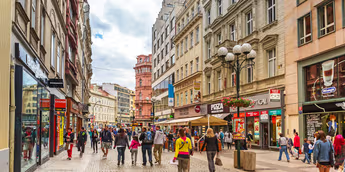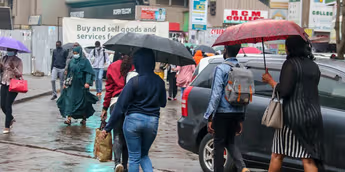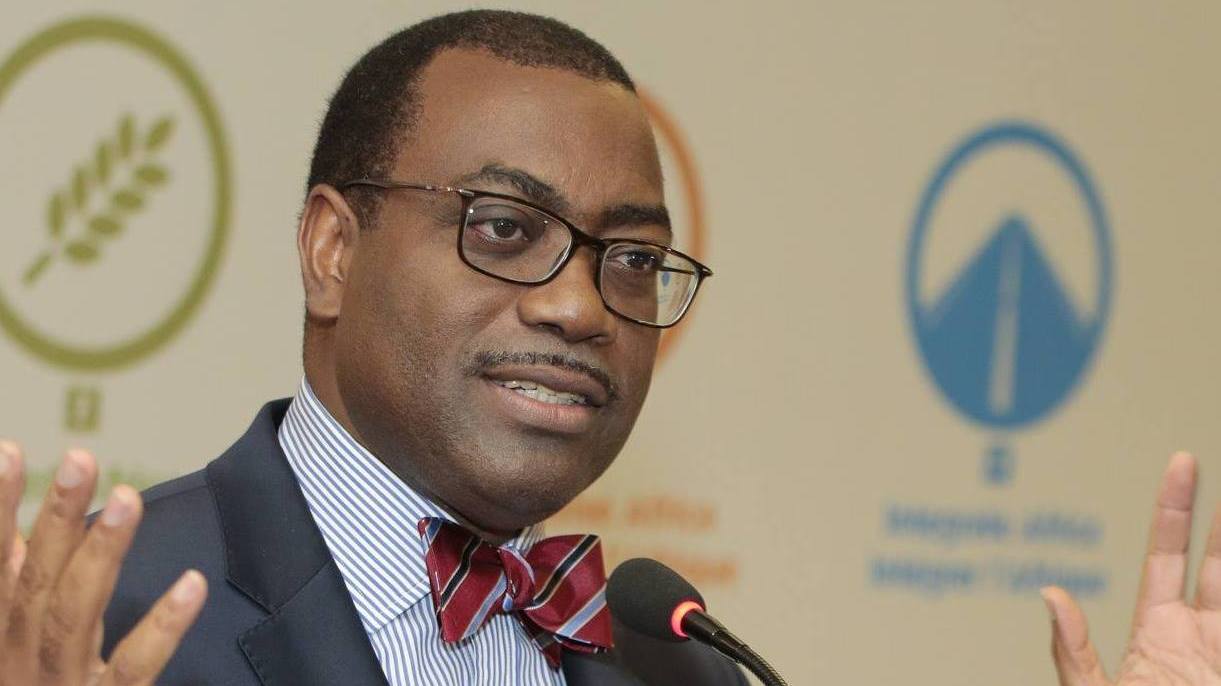The President of the African Development Bank, Akinwumi Adesina, has said the International Monetary Fund’s Special Drawing Rights allocation of $650bn, which includes $27bn to African countries, will help to boost the reserves of developing countries.
He said this during a closed-door session between German Chancellor Angela Merkel and heads of international development institutions on Thursday.
READ ALSO: Confusion as Disco announces tariff increase, NERC silent
The AfDB, in a statement titled ‘International community must act to avert a two-speed global economic recovery post Covid-19’, quoted Adesina as saying, “The recent IMF release of $650bn in SDRs, with $27bn to Africa, will go a long way in helping to boost reserves for developing countries.”
“If the developed countries reallocate $100bn of SDRs to Africa, as agreed at the Paris leaders meeting and by the G7, that will further support faster economic recovery in Africa.”
The heads of international development institutions present at the closed-door session included the heads of AfDB, IMF, the World Trade Organization, the World Bank, the Organisation for Economic Cooperation and Development, and the International Labour Organization.
The German Chancellor, Angela Merkel, called on the IMF, G7 and World Bank to take measures in assisting lower and middle-income countries, create strategies to drive economic recovery from the Covid-19 crisis.
“We have noted that the recovery after the pandemic is a two-speed recovery, which is cause for concern,” she said.
The IMF Managing Director, Kristalina Georgieva, said, “The composition of the six per cent is changing, with advanced economies broadly accelerating growth, whereas most emerging markets and developing economies are falling further behind. This is a dangerous divergence.
“The consequences of the disparity include continuing supply chain disruptions and the risk of giving up hard-won gains in development, which would fuel unrest and instability.”
ILO Director-General, Guy Ryder, said the impact of the pandemic on labour markets was four times greater than the 2008-2009 financial crisis.
“We’ve recovered perhaps half of the damage done in terms of work being done, but all of us agree that the recovery process is incomplete, uneven and fragile,” he said.






















